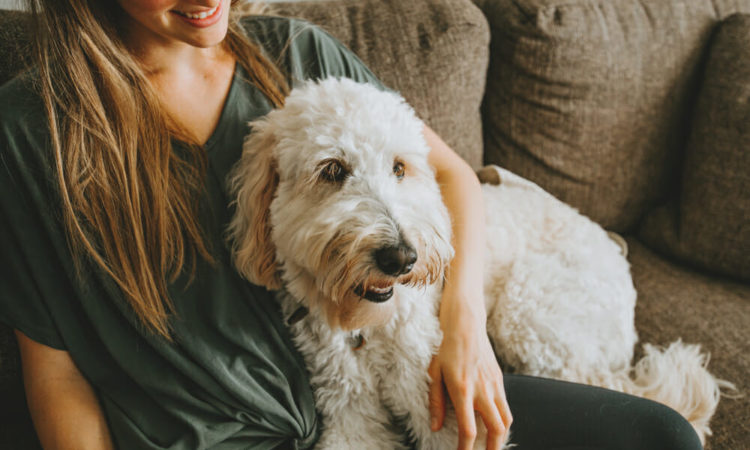Vaccines are incredibly important to the overall health of your puppy. You want to be able to integrate your new pup into your life without worrying about illnesses or viruses. Mother dogs transfer some of their immunity against disease through their milk, but once puppies stop nursing, that immunity boost slowly wanes. We need to teach the immune system of puppies to protect the body against disease, through these puppy vaccinations. We will usually start vaccinations for puppies at 8-weeks-old (usually the time a puppy is weaned) and then give them boosters between weeks 12 and 16.
What vaccinations do you offer to new puppies?
The vaccinations available for puppies are the same as are available for adult dogs. There are vaccinations for distemper parvo and adenovirus, bordetella, rabies, leptospirosis and Lyme disease.
Why is it important to properly vaccinate your puppy?
Your puppy is brand new to the world and its immune system is still developing. Vaccines are important to prevent illnesses that may seriously harm or even cause the death of a young animal. For example, parvovirus is a serious illness that can often be fatal in young animals but can be prevented through vaccination.
What is an appropriate schedule for puppy vaccinations?
Puppies are given some immune protection from their mother’s milk. When the puppy is weaned and no longer exposed to its mother’s milk, it becomes vulnerable to illnesses in its environment. A puppy vaccine schedule is designed to pick up where the mother’s immunity leaves off. Most puppies are weaned by 8 weeks and that is when they should have their first visit to the veterinarian’s office. These first vaccines need to be boostered within 4 weeks, so the puppy’s immune system can “learn” which bacteria or viruses are a potential threat and develop protection against them. Boosters at 12 and 16 weeks of age are required.
How should you prepare your puppy for its first vaccination visit?
We want your puppies visits to be as fun and happy as possible, so the veterinarian’s office is designed to be welcoming. If possible, bring your puppy in a day or two before its first appointment, so our staff can say hello and offer pets and treats to get them comfortable with the environment. A visit that is pure fun can go a long way towards making your puppy feel comfortable. On the day of your appointment, bring some special treats or a toy your puppy likes to offer during the exam. Please be sure your puppy is on a leash when you visit the veterinarian’s office, as there may be other dogs present who may not find your puppy as cute as the rest of us do.
How much do puppy vaccinations cost?
The cost of vaccinations can vary depending on the age of your puppy, how many boosters it requires, and its future lifestyle with you. We recommend contacting your veterinarian’s office to inquire about the potential costs for your individual animal.



